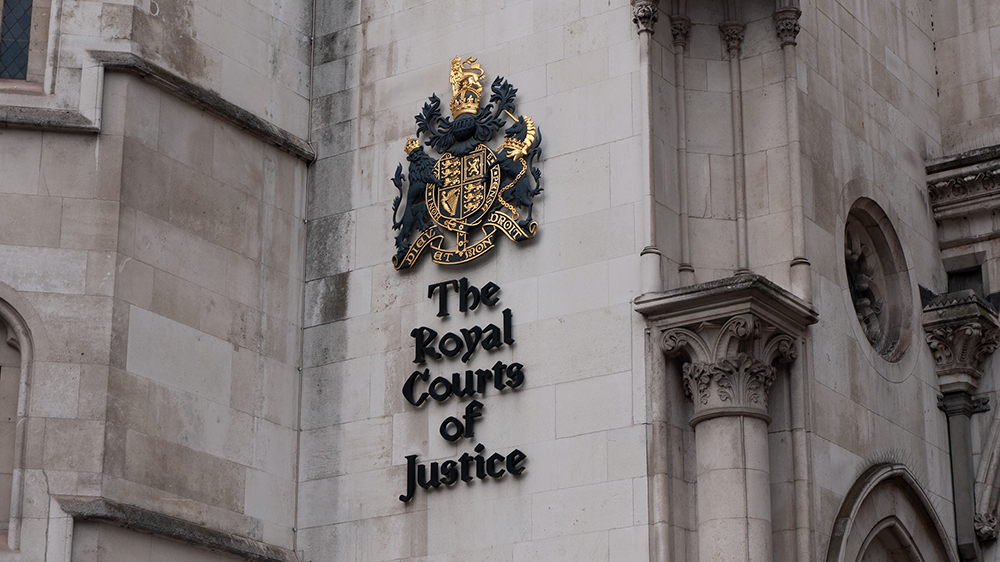PSNI surveillance case wraps up before Investigatory Powers Tribunal

The UK’s Investigatory Powers Tribunal (IPT) is expected to rule by the end of the year on a case brought by Northern Ireland journalists alleging unlawful police surveillance.
Trevor Birney and Barry McCaffrey were arrested in 2018 following the release of No Stone Unturned, their documentary about the 1994 Loughinisland massacre.
A court in Belfast later ruled the controversial search warrants and arrests were unlawful.
The journalists subsequently filed a complaint with the IPT in order to establish whether police from Northern Ireland and Durham police forces used intrusive surveillance powers against them.
The National Union of Journalists (NUJ) was granted permission to intervene in the case to submit evidence on the wide-ranging and grave implications of the covert monitoring of journalists.
Four days of hearings at the Royal Courts of Justice in London concluded on Friday and a judgment in the case is now expected before the end of the year.
Amnesty International attended the hearing and is working to ensure full disclosure of the extent of spying on journalists, lawyers and others by the police.
Patrick Corrigan, Amnesty’s Northern Ireland director, said: “The evidence laid before the Investigatory Powers Tribunal this week makes clear that the police rode roughshod over the human rights protections which are supposed to safeguard journalists.
“Instead of respecting the important role of the media in a free and democratic society, the police have treated journalists and their lawyers as criminal suspects.
“It has now been admitted by the Police Service of Northern Ireland and the Metropolitan Police that they broke the law when they secretly spied on journalist Barry McCaffrey in 2013.
“We now need answers to wider questions about the full extent of police use and misuse of secret surveillance powers against journalists, lawyers and others in Northern Ireland. And, crucially, we must see an end to these practices once and for all.”









